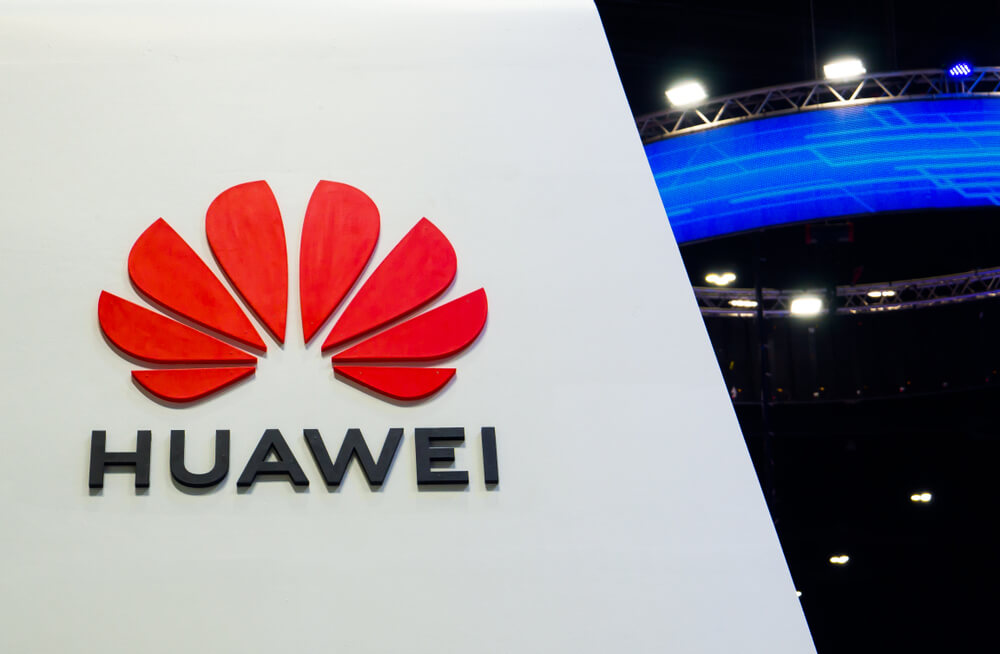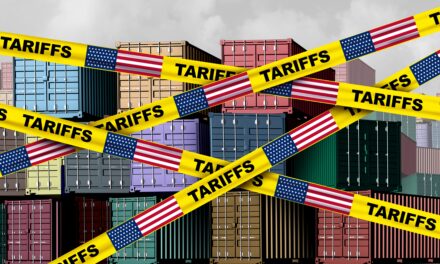President Donald Trump is expected next week to sign an executive order banning Chinese telecommunications equipment from U.S. wireless networks, according to a Politico report citing three sources.
The move comes before the Mobile World Congress, a major industry conference in Barcelona, at the end of February and is part of a broader effort to protect the U.S. network from cyber threats and spying.
Per Politico:
“There’s a big push to get it out before MWC,” said an industry source familiar with the matter, who also requested anonymity to speak candidly.
By preempting MWC, the world’s largest conference for the wireless industry, the White House hopes to send a signal that future contracts for cutting-edge technology must prioritize cybersecurity. That could further roil the Trump administration’s already tense relationship with Beijing, especially if the U.S. push erodes Chinese firms’ significant European market share.
Chinese telecom giant Huawei has been in the news a lot lately after its CFO was arrested in Canada at the behest of the U.S. for allegedly skirting sanctions against Iran. The arrest has hurt relations between China and Canada, and China and the U.S. amid ongoing negotiations to end the trade war that’s now more than a year old.
Trump officials have repeatedly attacked Beijing for its state-sponsored spying and tech and intellectual property theft.
In December, the Justice Department indicted two Chinese operatives for a decadelong campaign of digital intrusions into U.S. businesses and government agencies. And in January, DOJ unsealed a suite of charges against Huawei and its chief financial officer, who faces extradition to the U.S. for violating sanctions on Iran.
Many countries are eager to deploy next-generation 5G wireless networks to power the rapidly proliferating internet of things, and Chinese firms such as Huawei and ZTE are aggressively pushing to build these networks — at a lower cost than virtually all of their competitors.
With these 5G build outs looming, senior officials want “to move the needle” with their security messaging, said the source close to the administration.
“Contracts are going out now,” this person told POLITICO. “Extra stigma could change the situation out in the countries on this major decision.”
“We’re going to be asking people to do things, but the U.S. legal and regulatory environment hasn’t really closed the circle yet on this issue,” said Paul Triolo, who leads the consulting firm the Eurasia Group’s global technology practice. “So there’s a lot of pressure now to get this EO out there.”
Trump’s executive order, which invokes the International Emergency Economic Powers Act, has been ready to go for months now.
As POLITICO first reportedlast August, it was originally paired with a second order formalizing an interagency team that reviews foreign entities’ telecom investment requests. At the time, sources said that Trump would also sign a memorandum explaining how agencies should implement both directives. It is unclear if that will still happen.




